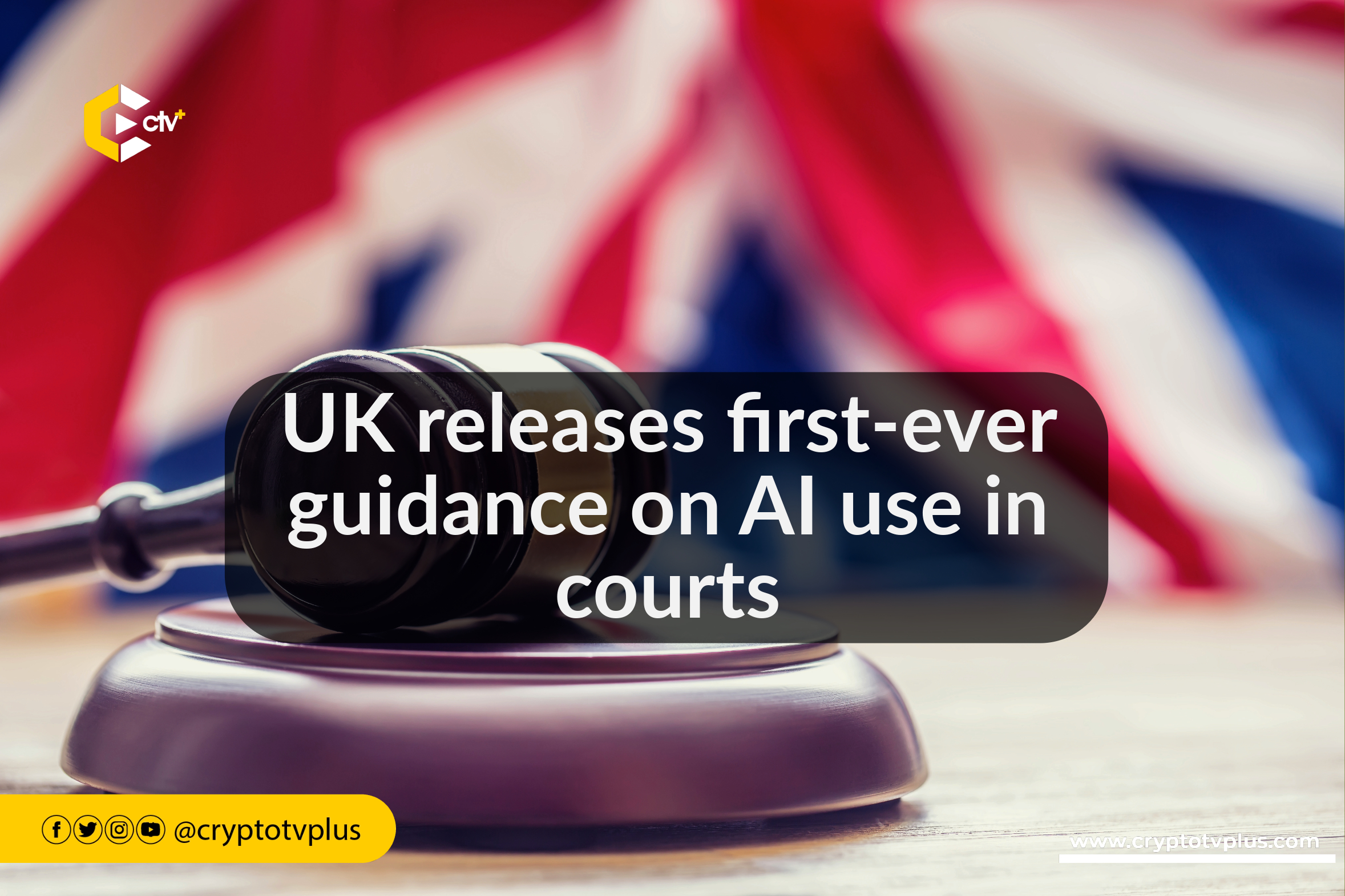News
UK releases first-ever guidance on AI use in courts

The growing influence of Artificial Intelligence (AI) in society has prompted English and Welsh judges to embrace AI for basic tasks, with the latest guidance allowing the use of generative AI systems such as OpenAI’s ChatGPT.
As a balance, the guidance also includes a caveat on the use of chatbots for legal research or analysis.
The Judiciary who spearheaded the release of the document noted that public versions of AI tools are open and warned against inputting private or confidential information.
Notably, judges are instructed to be vigilant for signs that legal arguments may be AI-generated, citing instances in the United States and Britain where AI-prepared arguments surfaced.
DoNotPay AI lawyer
Another case occurred where Joshua Browder, founder of DoNotPay, created a way for people contesting traffic tickets to use arguments in court generated by an AI.
The person challenging a speeding ticket would wear smart glasses that both record court proceedings and transmit the audio to the AI algorithm from where the response will be generated.
However, this plan was scrapped after “State Bar prosecutors” threatened the man behind the company that created the chatbot with prison. The AI lawyer was set to take its first case on February 22, 2023.
The ultimate goal of a “robot” lawyer, according to Browder, was to democratize legal representation by making it free for those who can’t afford it, in some cases eliminating the need for pricey attorneys.
AI tools are increasingly essential in the legal profession, offering a wide range of benefits to attorneys and law firms.
These tools can automate workflows, analyze, classify, and store documents, and even be trained to tag and label documents based on specific needs.
Some widely used AI tools for lawyers include Casetext, CoCounsel, Harvey AI, Blue J L&E, ChatGPT, Diligen, Auto-GPT, and Smith.ai.
These tools can help law firms stay responsive, boost productivity, and save time by automating routine and repetitive tasks.
Build trust first
Geoffrey Vos, Head of Civil Justice in England and Wales, described the guidance as groundbreaking. He highlighted the need for judges to comprehend the capabilities and limitations of AI, noting the technology’s potential benefits for the justice system.
While acknowledging AI’s potential in resolving low-level disputes, he cautioned the necessity of building public confidence before introducing AI-driven decision-making on a broader scale.
“We cannot go and introduce AI-driven decision-making until we are sure that the people we serve would have confidence in that approach,” Vos said.
Read also; BNB Chain to 5x storage provider upload & download speeds; AI updates in Greenfield roadmap
























